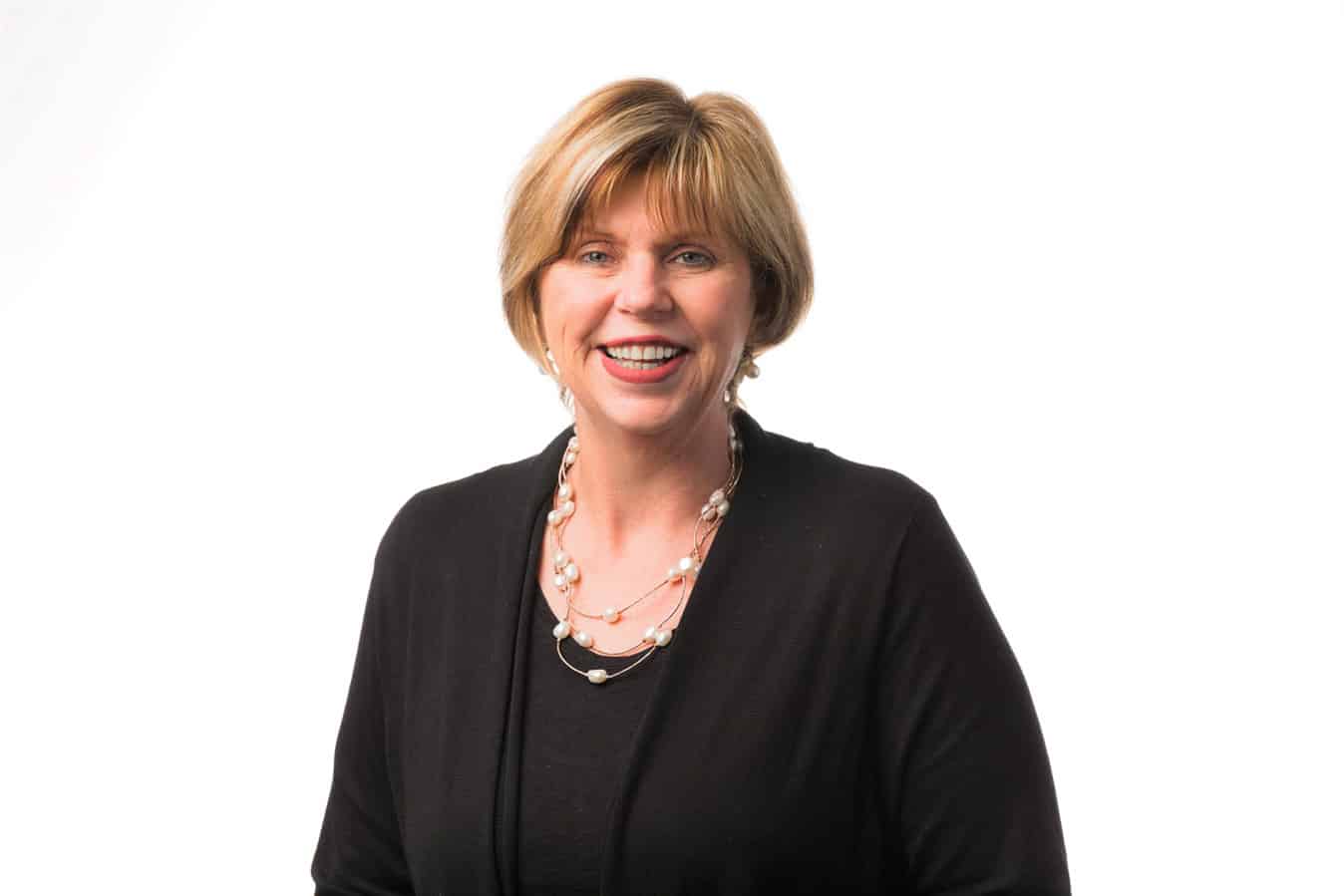South Australia is set to double its nurse and midwife graduate intake in 2023, including two new initiatives aimed to encourage more graduates to work and stay in the state. SA Health Chief Nurse and Midwifery Officer Jenny Hurley talks to the ANMJ.
Like other jurisdictions domestically and internationally, South Australia is experiencing a significant increase in nursing and midwifery workforce demand.
Tackling workforce shortages requires a workforce strategy that contemporises nursing and midwifery transition programs, whilst addressing current nursing issues, says Ms Hurley.
“South Australia has expanded its graduate intake for the 2023 year – from 588 to a maximum of 1,200 participants – it was necessary to look at a new way of ensuring graduates could safely and confidently transition to professional practice.”
While graduates complete their undergraduate studies with a thorough academic understanding of the fundamental clinical and professional requirements of nursing and midwifery, sometimes the transition to a real-life clinical practice environment can be challenging, acknowledges Ms Hurley.

“The transition to shift work, the requirement to make rapid clinical decisions and a new level of professional responsibility can be confronting, especially in a health system that has been under sustained pressure throughout the COVID-19 pandemic.”
Contemporary TPPP program
SA Health’s Transition to Professional Practice Program (TPPP) is a structured program designed to support first year of practice. The SA Health Nursing and Midwifery Office has partnered with the Australian Nursing and Midwifery Federation (SA Branch) and health industry partners to provide a new, contemporary and evidence informed TPPP for graduate nurses, midwives and enrolled nurses.
The SA Health TPPP will be used in conjunction with the traditional Local Health Network (LHN)-based TPPP, other early career transition programs and self-directed transition to practice in South Australia.
The development of the new SA Health TPPP has been undertaken as part of the SA Health Nursing and Midwifery Skills Training Package 2022-2025 to address the workforce demand surge and support the accelerated transition of graduate nurses to professional practice.
Key to the contemporary TPPP are the Working with Wisdom model and expansion of Clinical Education Hubs.
Working with Wisdom initiative
For the first time, South Australian graduate nurses and midwives will be able to work directly with a mentor as part of their TPPP.
The new Working with Wisdom (WwW) model will see senior nurses and midwives working at the bedside with the graduates to support their transition, build their confidence and skill consolidation.
“While our graduates always work as part of a team within our hospitals, this is also the first time South Australia will implement a specific dedicated support, training, knowledge, and skill transfer model called Working with Wisdom,” says Ms Hurley.
“Graduates will be able to work directly with a mentor while providing patient care to fast track and further develop their critical thinking and clinical skills.
“The Working with Wisdom model aims to take advantage of the knowledge and skills that experienced nurses and midwives build up over their years in practice.”
The model:
- Places senior/experienced nurses and midwives at the ‘point of care’ to provide timely support to early career nurses and midwives.
- Matches the senior nurse/midwife clinical background with a relevant ward or unit.
- Trains senior nurses and midwives in techniques for transference of clinical knowledge, technical and critical decision-making skills.
- Trains senior nurses and midwives in aspects of preceptorship, mentorship and coaching, and staff mental health first aid training to enable support of new and early career nurses and midwives in managing the increasing demands of healthcare service delivery.
The model will also provide senior nurses and midwives a clear, supported potential transition to retirement pathway, with greater FTE flexibility and fewer physical demands associated with the provision of direct patient care.
Importantly, senior nurses and midwives are seeing the WwW as a retention program, says Ms Hurley.
“‘Working with Wisdom’-type models have been implemented internationally and have been highly successful in both enabling the accelerated integration and skilling of early career nurses and midwives and acknowledging that often the best way to transfer knowledge and information is from those who have walked the path already.”
Clinical Education Hubs
New Clinical Education Hubs will be established in regional South Australia, and in smaller metropolitan sites that support the training and upskilling of the graduate nursing and midwifery workforce.
The Clinical Education Hubs provide additional wraparounds for the graduate workforce to support their safe and confident transition to practice.
Of the extra graduate 600 positions, more than a third – about 250 roles – will work in regional areas.
A renewed focus on regional recruitment, and investment in the Clinical Education Hubs, acknowledges the need to deliver extra support to graduates living outside metropolitan areas, says Ms Hurley.
“Working in rural or regional South Australia is immensely rewarding but presents its own set of challenges for the graduate workforce.
“Those working in rural or regional nursing and midwifery are generally required to work to a more generalist scope of practice, with the capacity to provide care across the lifespan and health continuum and the ability to adapt quickly to working in different areas and locations.”
The investment in dedicated Clinical Education Hubs will also ensure that smaller healthcare sites have the resources and capability to take on the increased graduate intake and ensure they transition safely to professional practice.








